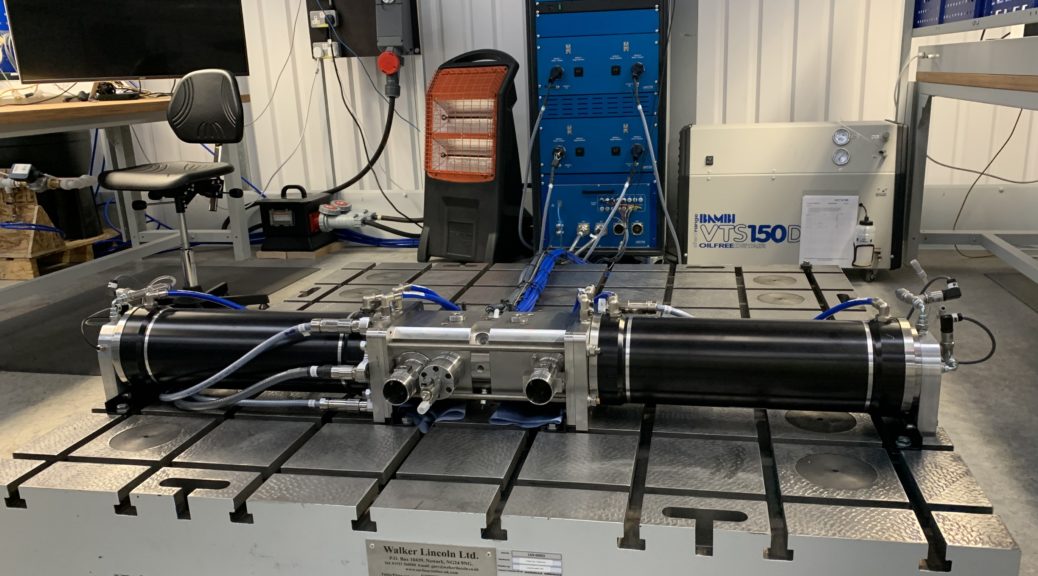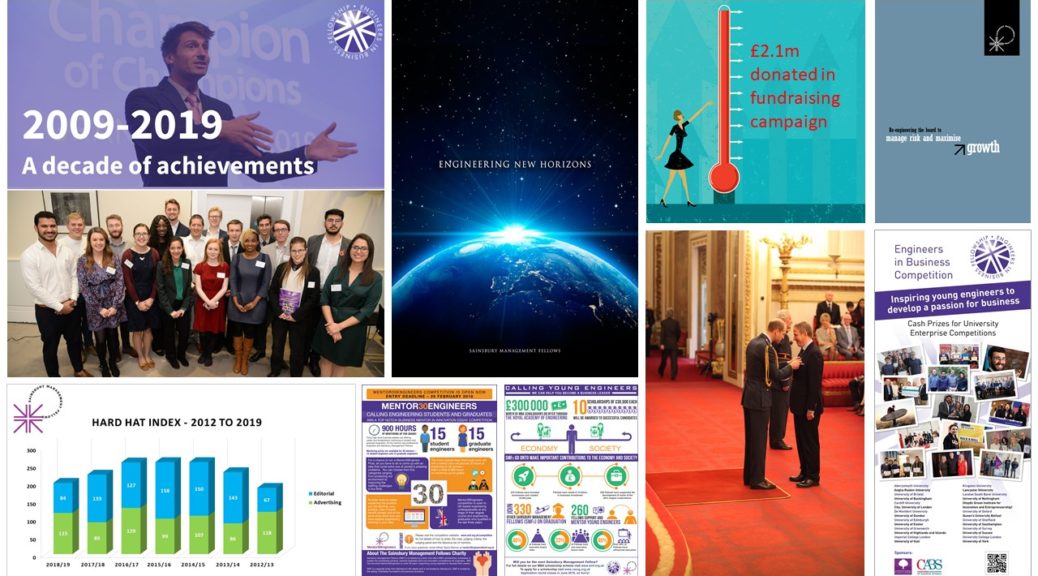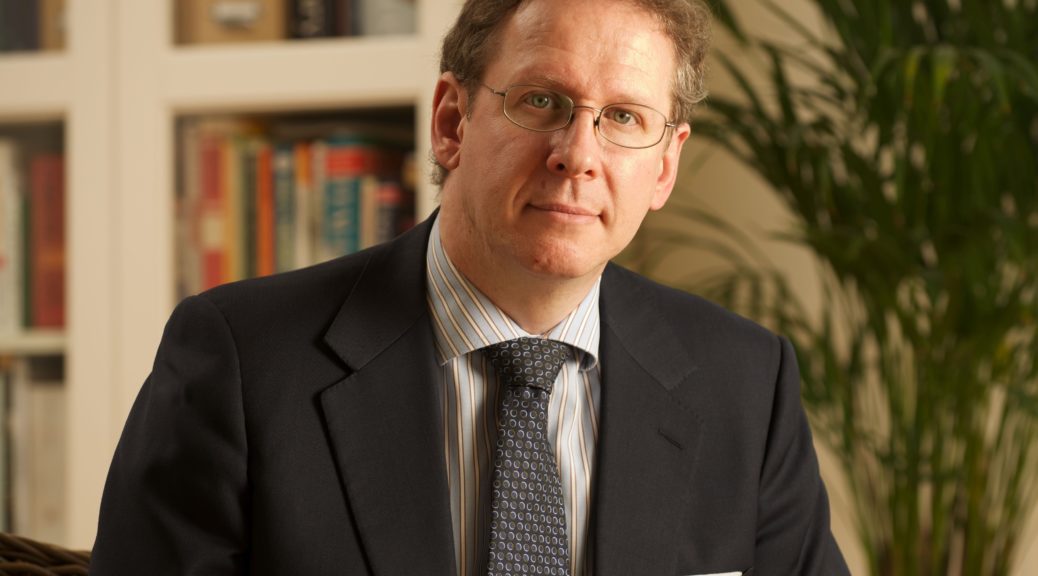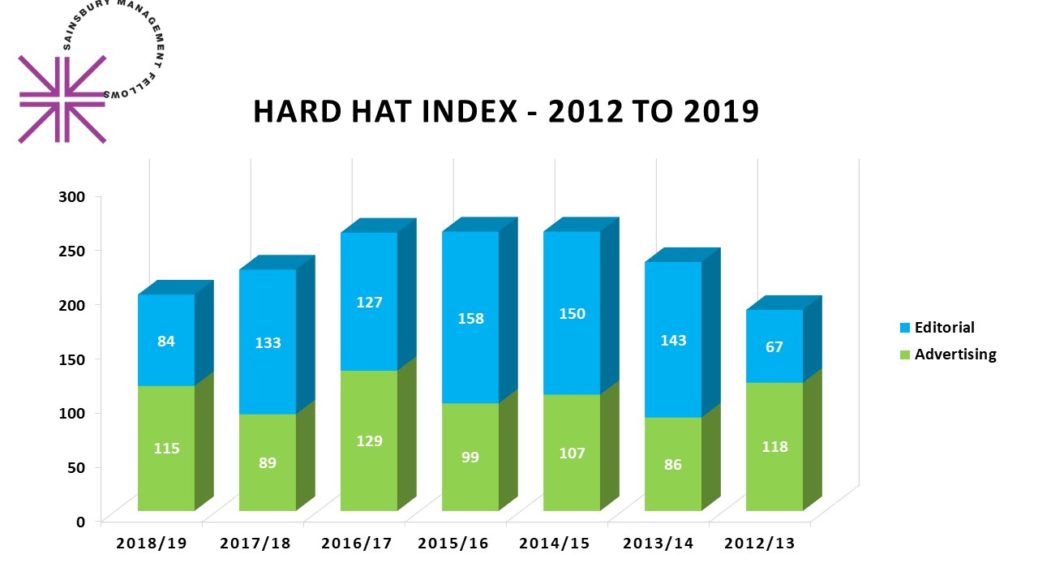
Chris Gifford is one of our 375 Sainsbury Management Fellows – he has complemented his engineering qualifications and experience with an MBA from INSEAD and used these additional skills to propel his career into an exciting new direction in the world of finance, whilst using his engineering know-how in his work.
Chris explained, “When looking to broaden my work experience, I found that potential employers frequently ‘pigeon-holed’ me as a techie and they found it difficult to look past my engineering undergraduate degree. Obtaining an MBA was the way around this obstacle. Not only that, it has been a significant self-improvement opportunity. The MBA provided not only business skills, but also accelerated an improvement in my interpersonal and management skills, which are essential for more senior roles in any industry sector.”
A Growing Passion for Engineering
Looking back at Chris’ early passion for engineering, one would not have predicted that he would one day use those skills as the Chief Credit Officer for an impact-focused bank, advising on the benefits and risks of complex projects such as businesses transitioning from fossil fuels to renewable energy sources. But that is the beauty of having both engineering and MBA skills sets.
From childhood Chris had an innate fascination with how things worked and spent much of his youth tinkering with electronic circuits, disassembling and reassembling bicycles and then, motorbikes. This was a clear signpost that Chris was destined for an engineering career even though his schooling provided little practical experience of engineering.
Having set his heart on an engineering career, he wanted to gain industry experience as soon as possible so did a Year-in-Industry as a trainee engineer working in the water industry, just before and during his studies at Oxford University. The work experience gave him a valuable foundation and the realisation that he wanted to work in a less mature sector, one with great potential for innovation and change. On graduation, he switched from the water sector to power generation.
Chris said: “I worked around the UK and internationally helping to operate and maintain the control and instrumentation systems of fossil-fuelled power stations. I progressed into a commercial role, analysing the financial performance of the power stations. This experience helped me to understand that a broader perspective, beyond the technical, is required for success and career progression.”
At this point, Chris decided to take his career in a new direction. He wanted to be at the cutting edge of the transition from fossil-fuel to green technology but wearing a business and finance hat, and he recognised that he needed additional skills to take him into the board room of a major corporation. That’s when Chris made the pivotal decision to take an MBA degree to help achieve his goal.
Combining Engineering and Finance to Create a New Career
Giving up a secure position and salary requires not only self-belief and determination, but also funding. With a place at INSEAD and a £30,000 (or EUR 42,000) Sainsbury Management Fellows scholarship, Chris was on his way to altering his career path. However, he said, “Although I knew I wanted to work in finance, I kept an open mind on post-MBA opportunities. The point of an MBA is to open oneself to new horizons and I didn’t want to have fixed ideas, after all the course may have revealed a previously hidden interest or skill.”
The MBA has been transformative for Chris. Today he uses his combined engineering and business skills to assess the viability and robustness of complex renewable energy proposals from businesses seeking finance. Chris’ arsenal of skills removes the necessity for his company to bring in third party professionals to carry out additional observations and assessments.
“My engineering skills are typically applied to evaluate whether businesses trying to access financing have properly unravelled the complexities for themselves. There is a bias for optimism and sometimes blind spots when it comes to risk assessment; my main contribution is to provide an objective and pragmatic view on how likely a project is to succeed.”
In addition to identifying problems that could prevent a project delivering results and financial returns, Chris uses his expertise to recommend improvements and efficiencies that allow important renewable energy projects to be funded.
Chris reinforces this point: “My engineering and finance skills are complementary in terms of helping to make sure that worthwhile projects attract financial support. The world faces many challenges and engineers have a significant contribution to make in dealing with them. However, we cannot do it alone and having an ally in the world of finance helps with the teamwork required to deliver engineering solutions.”
Benefits of an MBA
Having secured his MBA and his ‘dream job’, what does Chris feel is the greatest benefit of the MBA experience? He said, “Apart from the tool kit of new skills, for me, the biggest benefit is being part of the business school alumni network – it has been instrumental in accessing my most significant employment opportunities. Of course, it is a two-way street; it is also satisfying helping other alumnus access opportunities and fulfil their potential.
“Likewise, becoming a Sainsbury Management Fellow and being part of the SMF Alumni provides a mutual support network. We have more in common with each other than our peers in our respective business schools, so although there are fewer SMFs, the willingness to help each other is much stronger.”
Asked for reflections on his career path, Chris said, “From the first time I donned overalls at work in 1991 at a water treatment plant, to monitoring performance of 230MW gas turbines in 1997, flying to Singapore for my MBA in 2002, moving to Canada in 2006 to open a bank branch, and now providing financing for the green economy; I have not regretted for a moment that engineering has been the common thread throughout my journey.”
Pearls of Wisdom for Engineers
With this diverse and exciting career experience under his belt, we asked Chris if he has any advice for young people considering a career in engineering and for qualified engineers who may be getting itchy feet in their current role.
He shared these pearls of wisdom: “Budding engineers should take comfort in the wide range of careers that engineering can prepare them for, as well as access to varied roles within the engineering sector. The world of work is changing, and career paths are less linear, but a strong engineering foundation provides the resiliency and flexibility to see you through an uncertain future.
“My advice for young people considering a career in engineering is to ignore any negative stereotypes they may see and talk to real engineers about how interesting and rewarding their working lives are. By doing this, they will have the confidence to pursue their dreams.
“And for professional engineers deciding their next career move, I would suggest they think carefully about how best to take the next step and what their goals are. Smaller, multiple steps can be easier to make (and reverse if things go wrong) than giant leaps. Also, taking multiple steps means they can navigate around obstacles rather than gambling on one significant change getting them to an ideal destination.”
The SMF MBA Scholarship
If you are a professional engineer considering an MBA as one of the stepping-stones towards a business leadership career, visit our MBA scholarship application page, you could become one of our successful awardees – today the individual scholarship is £50,000.






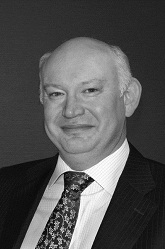




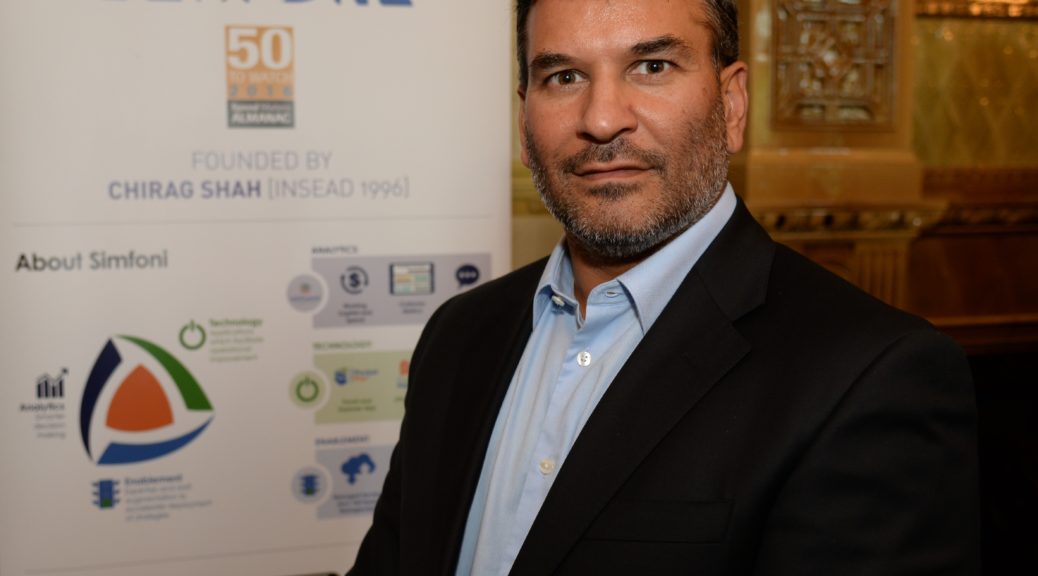
 Serial entrepreneur and Sainsbury Management Fellow (SMF) Chirag Shah raises Series A for Simfoni
Serial entrepreneur and Sainsbury Management Fellow (SMF) Chirag Shah raises Series A for Simfoni